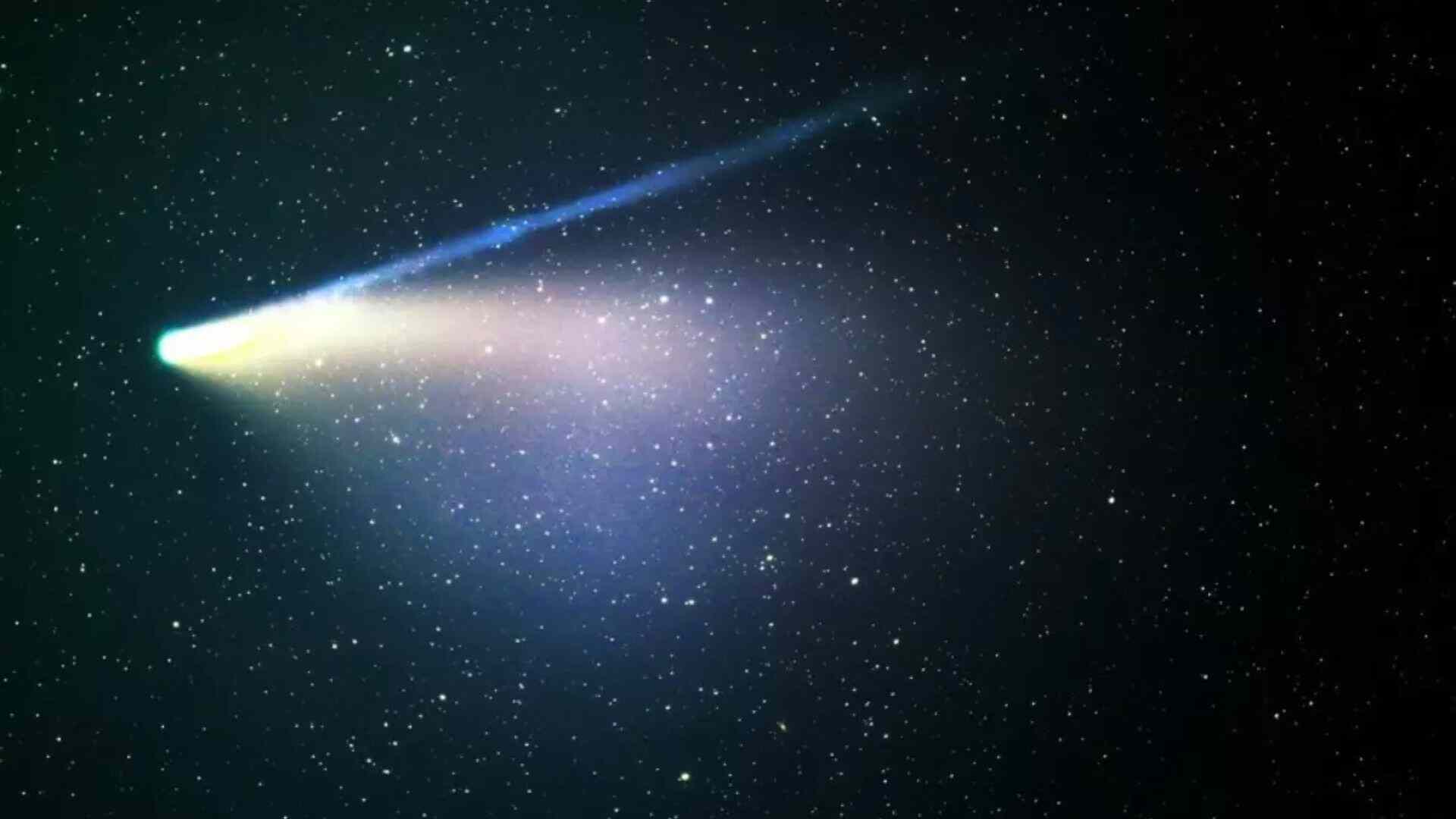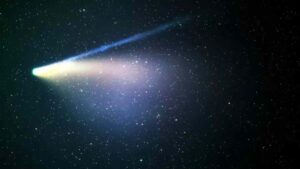Comet C/2023 A3, known as Tsuchinshan-ATLAS, is making its return to Earth, a sight last seen by our ancestors around 80,000 years ago. This comet appears like a fuzzy star with a tail and can be spotted in the early morning sky from Friday through Monday. NASA astronaut Matthew Dominick, currently aboard the International Space Station, captured a stunning video of the comet.
“So far, Comet Tsuchinshan-ATLAS looks like a fuzzy star to the naked eye looking out the cupola windows. But with a 200mm f/2 lens at 1/8s exposure, you can really start to see it. This comet is going to make for some really cool images as it gets closer to the sun. For now, a timelapse preview,” Dominick shared on X.
So far Comet Tsuchinshan-ATLAS looks like a fuzzy star to the naked eye looking out the cupola windows. But with a 200mm, f2 lens at 1/8s exposure you can really start to see it. This comet is going to make for some really cool images as it gets closer to the sun. For now a… pic.twitter.com/JstaSLJ4Ui
— Matthew Dominick (@dominickmatthew) September 19, 2024
Stuart Atkinson, an amateur astronomer from Cumbria, described the comet’s appearance on social media, stating, “the comet will look like a fuzzy star with a misty tail, beneath the Moon, very low in the east. You might need binoculars to see it.”
You can use the Moon to find Comet A3 Tsuchinshan-ATLAS in the sky before sunrise later this week. The comet will look like a fuzzy star with a misty tail, beneath the Moon, v low in the east. You might need binoculars to see it. (Charts drawn for UK but visible elsewhere too) pic.twitter.com/hUISrEqEoT
— Stuart Atkinson (@mars_stu) September 23, 2024
According to BBC Sky at Night Magazine, initial observations indicate that Comet C/2023 A3 completes its orbit approximately every 80,000 years. By the end of September 2024, it will be visible in the morning sky, potentially shining as brightly as magnitude +0.6, just before sunrise. The comet will reach perihelion—the closest point to the Sun in its orbit—on September 28, 2024. The best views will occur around October 10, when it moves into the evening sky, where it is expected to shine at magnitude +0.8, low in the western sky after sunset.














